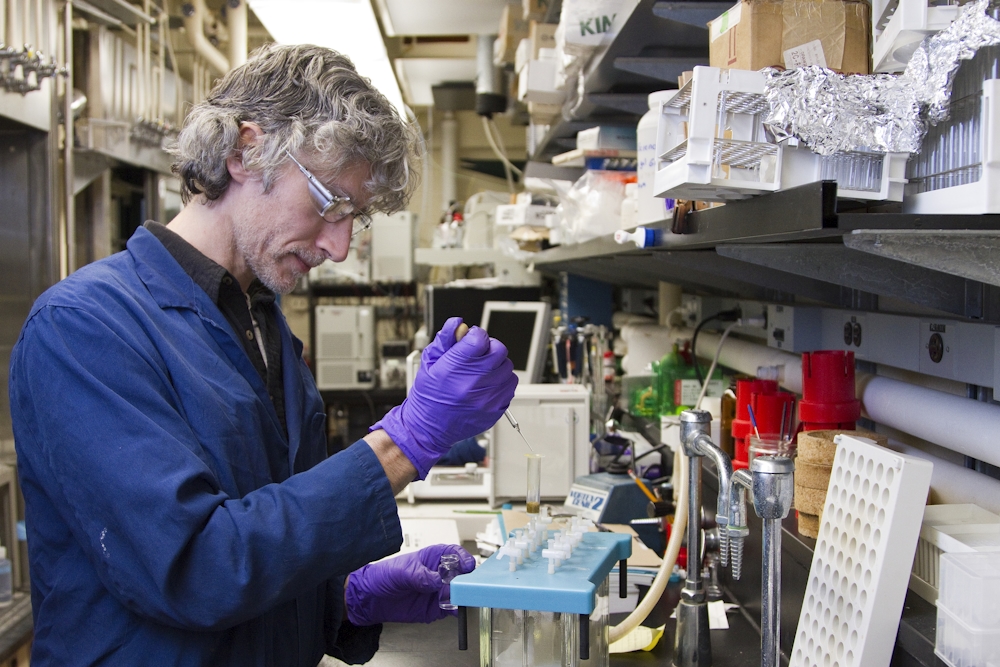Latest Research and Treatment Options for Blood Cancers
By: admin
Sep 7th, 2024

Blood cancers, including leukemia, lymphoma, and myeloma, are complex diseases that affect the blood, bone marrow, and lymphatic system. Recent advancements in research and treatment options are providing new hope for patients. This blog explores some of the most promising developments in the field of blood cancer research and treatment.
Breakthroughs in Research
CAR-T Cell Therapy: Chimeric Antigen Receptor T-cell (CAR-T) therapy has emerged as a revolutionary treatment for certain types of blood cancers. This approach involves modifying a patient’s own T-cells to better recognize and attack cancer cells. Recent studies have shown significant success in treating relapsed or refractory B-cell lymphomas and acute lymphoblastic leukemia (ALL). Ongoing research is focusing on improving the efficacy and safety of CAR-T therapies and expanding their use to other types of blood cancers.
Genomic Sequencing and Personalized Medicine: Advancements in genomic sequencing have allowed researchers to identify specific genetic mutations associated with different blood cancers. Personalized medicine, which tailors treatment based on an individual’s genetic profile, is becoming increasingly prevalent. By understanding the unique genetic makeup of a patient's cancer, doctors can choose therapies that are more likely to be effective and minimize adverse effects.
Targeted Therapies: Targeted therapies are designed to specifically attack cancer cells without harming normal cells. New drugs are being developed that target specific molecules involved in the growth and spread of cancer cells. For example, Bruton's tyrosine kinase (BTK) inhibitors have shown promise in treating chronic lymphocytic leukemia (CLL) and mantle cell lymphoma. Researchers are continually discovering new targets and developing drugs that can address them.
Immunotherapy: Immunotherapy harnesses the body’s immune system to fight cancer. Recent research has led to the development of new immune checkpoint inhibitors and monoclonal antibodies that can boost the immune response against blood cancer cells. For example, bispecific antibodies can simultaneously bind to cancer cells and immune cells, enhancing the immune system's ability to target cancer.
Innovative Treatment Options
Stem Cell Transplantation: Stem cell transplantation, including both autologous (using the patient's own stem cells) and allogeneic (using stem cells from a donor) methods, remains a cornerstone of treatment for various blood cancers. Advances in stem cell technology and donor matching techniques are improving the success rates and reducing complications associated with transplantation.
Minimal Residual Disease (MRD) Testing: MRD testing detects small amounts of cancer cells that may remain after treatment and could lead to relapse. Recent innovations in MRD testing are providing more sensitive and accurate results, allowing for earlier intervention and personalized treatment adjustments.
Combination Therapies: Combining different treatment modalities is a growing trend in the management of blood cancers. For instance, combining chemotherapy with targeted therapies or immunotherapy can enhance treatment efficacy. Research is ongoing to determine the most effective combinations and optimize treatment regimens.
New Drug Approvals: Several new drugs have been approved in recent years, providing additional options for patients with blood cancers. These include novel oral medications and therapies designed to address specific cancer subtypes. Keeping abreast of the latest drug approvals and clinical trial results is crucial for ensuring that patients have access to the most effective treatments.
The field of blood cancer research is rapidly evolving, with numerous breakthroughs and innovative treatment options on the horizon. Advances in CAR-T cell therapy, genomic sequencing, targeted therapies, and immunotherapy are offering new hope for patients. As research continues to progress, it is crucial to stay informed about the latest developments and explore new treatment options in the fight against blood cancers.
